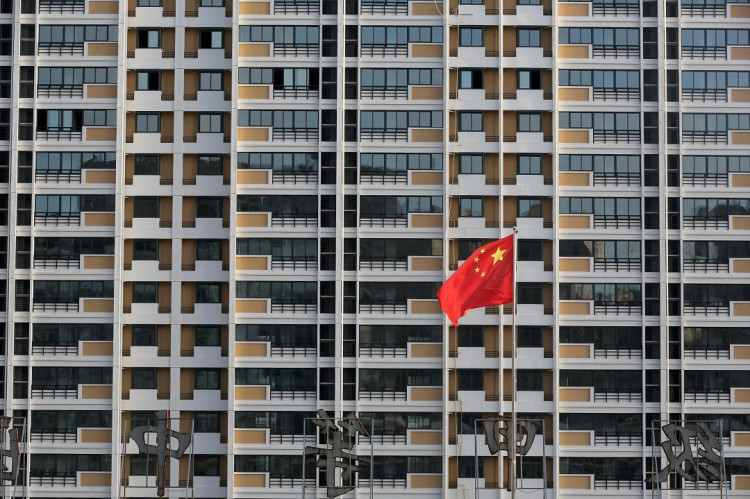Four megacities in China have rolled out tightened property-purchase measures in the past week as support for central bank aims to cool lending and buying practices that are causing overheated housing markets in the metropolises.
From last Thursday, Shanghai banned "fake divorces" used in cases to allow a newly single person to buy additional properties. It also extended a tax on the sale of house to five-years. All Shanghai outlets of Industrial and Commercial Bank of China, one of the China's big four banks, halted the sales of mortgage loan installment products for residential property, local media Securities Daily reported.
Meanwhile, Shenzhen authorities set up an online purchase registration system to verify buyer qualifications and crackdown on speculation.
On Wednesday, Hangzhou, an emerging city that widely attracted migrant workers since the 2016 G20, limited buyers who have been residents for less than five years from purchasing more than one property. On the same day, China's big four banks in Guangzhou increased the mortgage loan rate to 5.2% and 5.4% for first-time and second-time buyers, respectively.
The four cities lie in Yangtze River Delta and the Guangdong-Hong Kong-Macao Greater Bay Area, are among the most prosperous with property market growth stronger than elsewhere in China.
Some medium- and small-sized banks in these cities have also suspended their mortgage loan businesses.
"Under the pandemic, property markets in these big cities played a role of 'haven' and prompted the speculation," said Yan Yuejin, research director of E-house research center.
But the capital city Beijing, so far, has not issued any related regulations. It is expected however that more cities in China will roll out measures limiting property purchases during this year.
The value of China's residential property sales rose 8.7% last year, with the average price increasing for 33 consecutive months; both records are historic highs not reached since 1991, according to the National Bureau of Statistics.
"In the second half of 2020, medium- and small-sized banks developed mortgage loan business so rapidly that it became a challenge for regulation," said analyst from Ever-bright Securities. Loans for property accounted for 29% of total loans by the end of the third quarter of 2020, according to data released by People's Bank of China.
On Dec. 31, PBOC released new rules that took effect from Jan., aiming to cap property loans by banks and limit bank lending to developers.
Each bank's outstanding property loans as a proportion of total loans, as well as its ratio of outstanding mortgages to total loans, should be capped as required, said PBOC in a statement.
With a record 1.2 trillion yuan ($184.7 billion) of debt due this year, the level of debt piling up on China's real estate industry has for years drawn regulators' attention and caused policy makers to issue cautionary notices, said analysts. Despite the real estate sector as short-term stimulus for economic growth, governors would rather encourage liquidity to go into long-term sectors such as manufacturing and hi-tech sectors.
Last August, Beijing drafted what local media call the "three red lines" policy, which targeted three balance sheet metrics indicating leverage by the property developers. It is seen as a game changer for this debt-laden sector.
"Property led China's recovery from the pandemic but was going to play a smaller role for sure in terms of growth in 2021," Shaun Roache, an economist at S&P, told the Financial Times.





